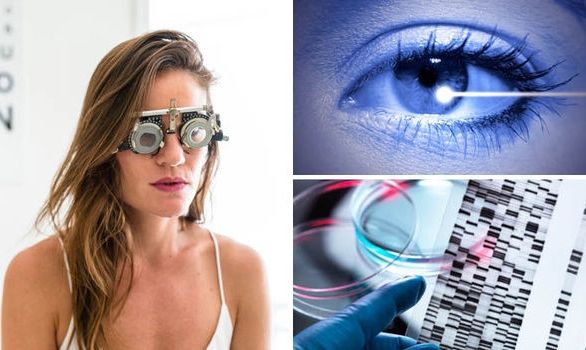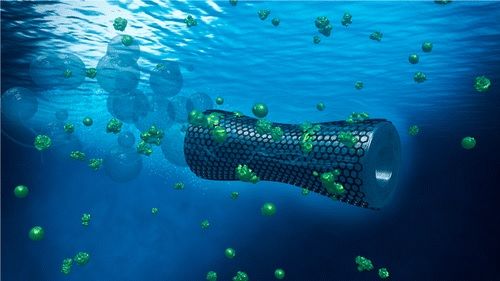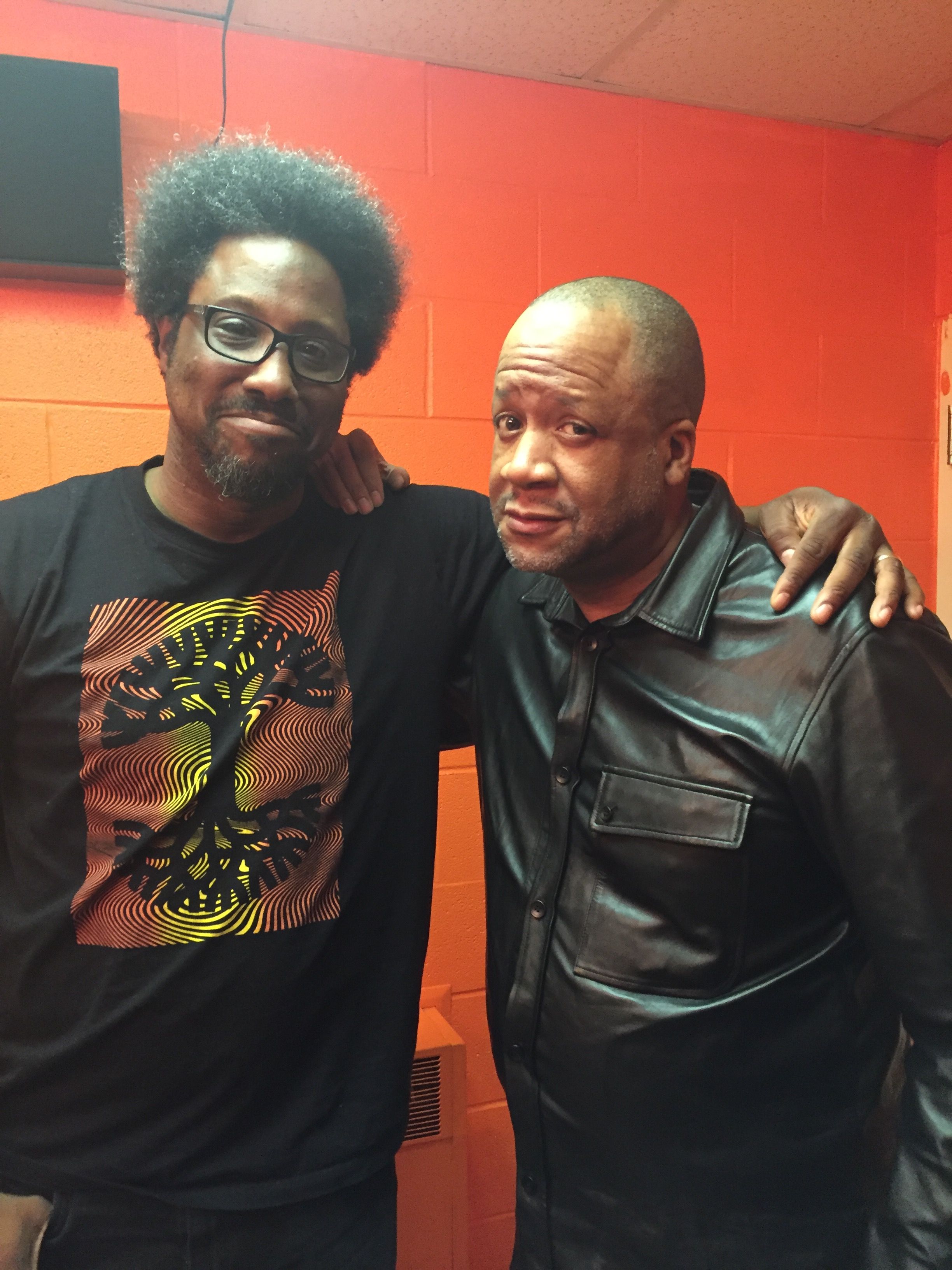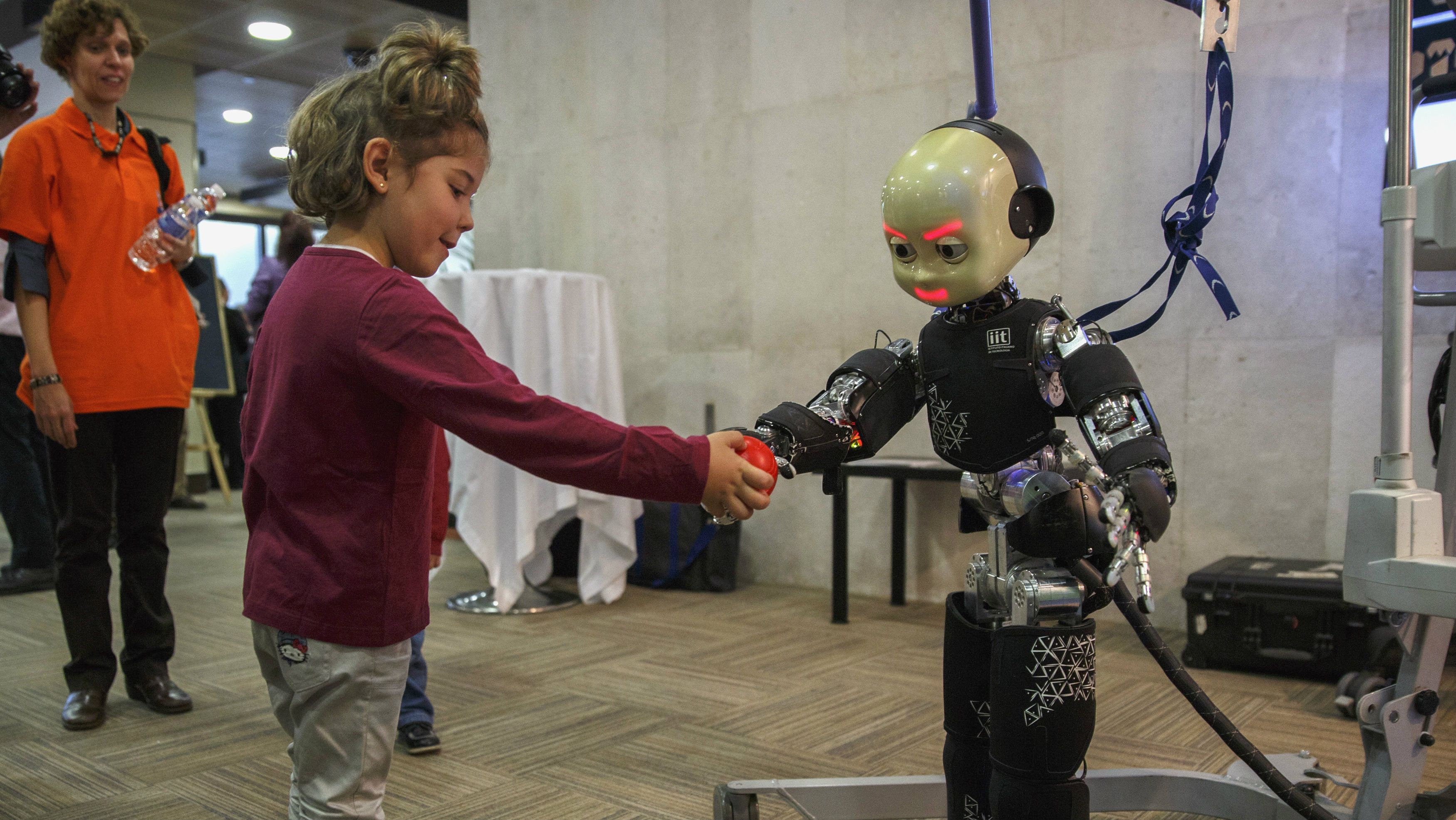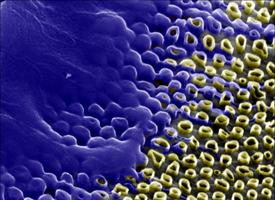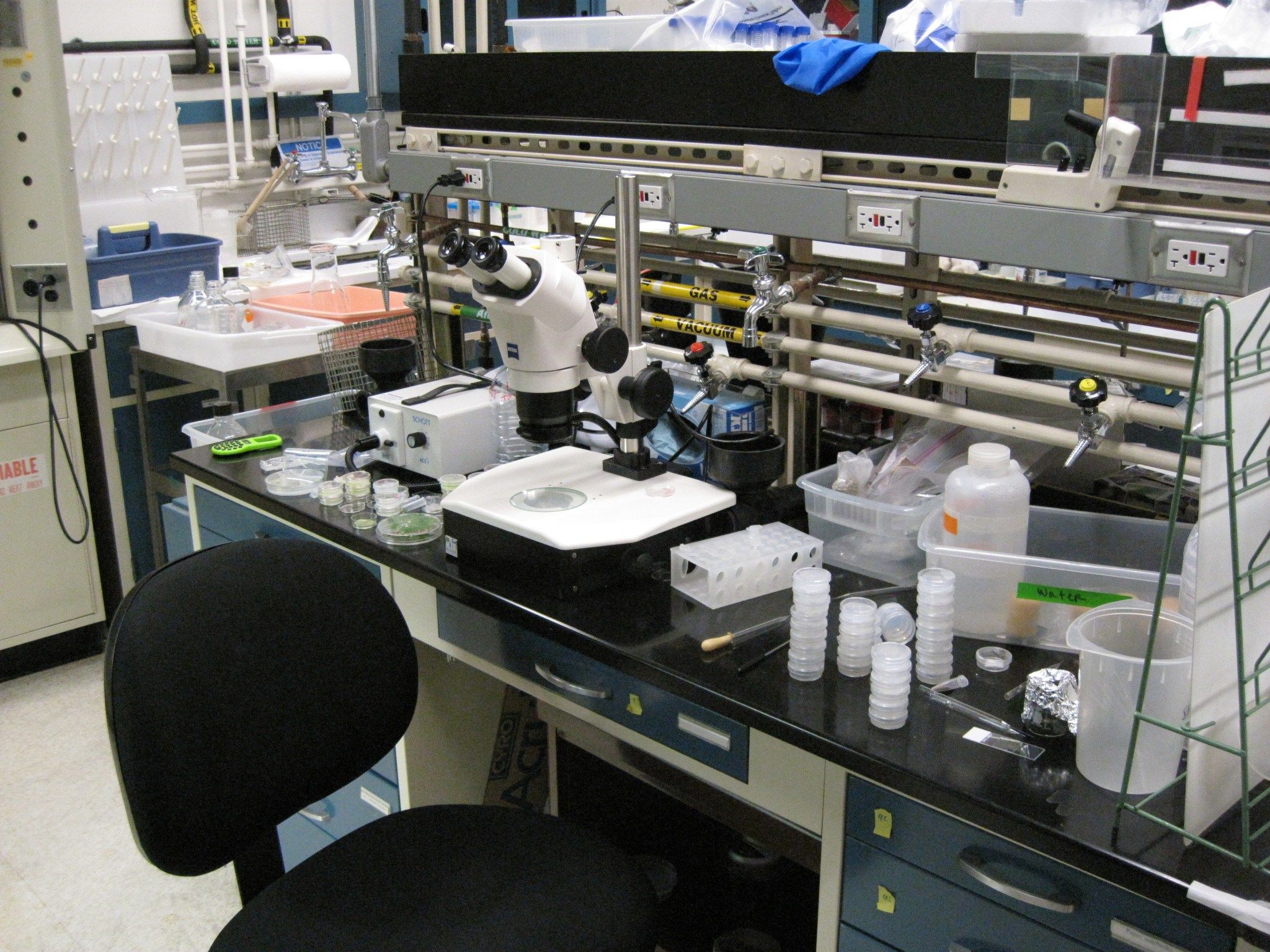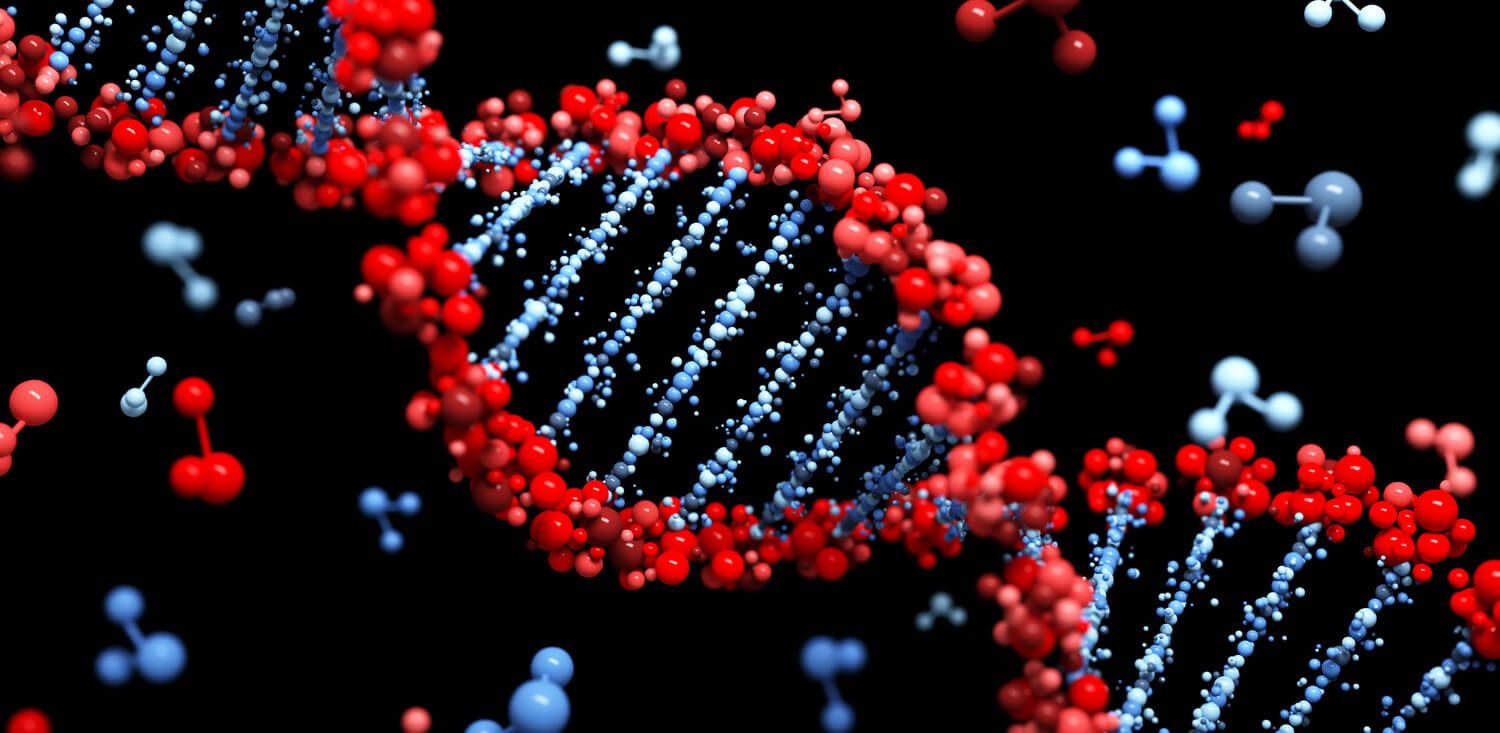Apr 16, 2016
New hope for thousands as gene manipulation RESTORES eyesight to the blind
Posted by Karen Hurst in categories: bioengineering, quantum physics
I was asked recently if I had money given to me to invest in anything that would result in the betterment of people what would that be. I quickly shared “Gene Editing” such as CRISPR and Quantum. These 2 areas is changing our lives over the next 7 to 10 years in ways that we have only dreamed about. I love this article.
TENS of thousands of blind people could have their sight restored after scientists discovered how to manipulate genes at the back of the eyes.
